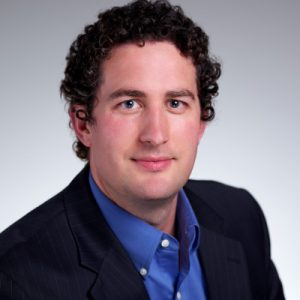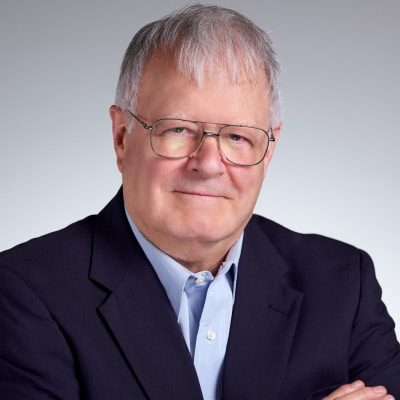MECHANICAL INSTRUCTORS
Committed to Your Success
READY TO PURCHASE YOUR COURSE? GO STRAIGHT TO OUR CATALOG.

DR. DANIEL FINDLEY, PE
Mechanical Engineering
Engineerings Economics
Daniel is our Engineering Economics instructor for all three DTC Mechanical PE Exam Review courses. Daniel is a committed and experienced teacher and researcher well-versed in these topics.
Hello,
I’m Daniel Findley, a Civil Engineer specializing in the economic impacts of transportation systems. I have led numerous projects relating to economic analysis, including a benefit/cost study for highway projects, the economic effect of access management techniques, transportation funding, the economic contribution of greenway trails, studies of the economic impact of airports in North Carolina, a study of the North Carolina ferry system, and studies of the economic contributions of North Carolina’s ports. This work informs prioritization and selection of engineering projects that deliver safe, efficient, and environmentally conscious mobility for people while they travel for work, school, recreation, or any purpose. A resilient transportation system provides various alternatives (either modal or route choices) with acceptable safety and reliability. Transportation engineering requires the expertise of a variety of professionals in the following disciplines: planning, design, operations, construction and maintenance.
Economics helps characterize the processes for selecting the most effective use of scarce resources (which includes the funds used to build and maintain our transportation systems). Engineering economics applies these more general economic concepts to specific engineering applications. Engineering economics problems typically involve comparing alternatives and/or the time value of money.
The comparison of alternatives is focused on quantifying values in a consistent manner (i.e., all alternatives must have similar values so that an appropriate comparison can be made). The time value of money is characterized by an interest rate which is applied to account for the opportunity cost of those funds. The fundamental assumption is that $1 today is worth more than $1 in the future.
– Daniel
Daniel holds a Ph.D. in Civil Engineering from North Carolina State University and is a licensed Professional Engineer (P.E.) in North Carolina. Presently, Daniel is a Senior Research Associate with the Institute for Transportation Research and Education at NC State in Raleigh, North Carolina and also serves as an Adjunct Assistant Professor in the Department of Civil, Construction, and Environmental Engineering at NC State University. He is an author of 3 books, 29 peer-reviewed journal articles, and has given numerous presentations at local, state, national, and international audiences.



